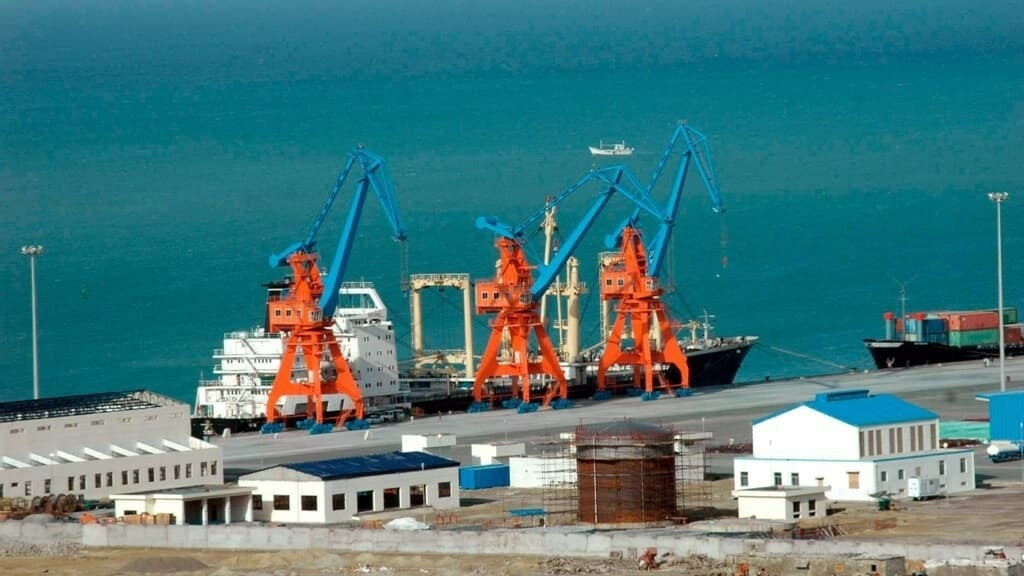The 330-MW Gwadar Port power project’s conversion from imported coal to Thar coal has been proposed by the Chinese business CIHC Pak Power Company (Pvt) Limited, who has requested clearance of additional study costs.
Company Chairman Zhao Bo mentioned the reference to the Meeting Minutes duly released by PPIB on September 28, 2022, and on July 15, 2022, in a letter to the organization’s managing director, Shah Jahan Mirza.
The power company hired a power design institution to create a plan for the initial analysis at PPIB’s urging, switching the project from imported South African coal to local Thar coal. The power firm also presented a brief report on the blending of Thar coal with PPIB.
The Chinese company claims that the design institute suggested in the initial study that using local Thar coal was not practical. Instead, the company may blend 20% of local Thar coal with 80% of imported South African coal. Even so, the company may redesign the plant, but it is not financially feasible to address the problem of frangibility, quick weathering, self-ignition, high water content, and other negative characteristics of Thar coal under the current existing circumstances.
The company argued that if NEPRA recognises that all relevant coal costs would be passed through in tariffs, then the long-term cost disadvantage of Thar coal for not having a mining mouth facility is obvious, while the excess cost between imported coal and Thar coal will fall on end-users.
According to the corporation, switching from Thar coal to imported coal will be virtually impossible once the plant is built, much like how current imported coal IPPs must switch their fuel sources from imported coal to Thar coal.
The CEO of the business questioned, “It should be considered whether it is worth giving up opportunity cost and whether it will contribute to the positive trend of foreign exchange reserves under the comparative advantage principle in reality since government required the Company to use a potentially much more expensive resource in the future.
However, the Company has expressed its intention to carry out additional research on the Thar coal’s economic and technical viability analysis in response to the request made by PPIB in light of the government’s low foreign exchange reserve condition.
The company requested PPIB to provide it with the necessary information during a meeting on September 15 in order to expeditiously complete the study on coal transportation studies (current transportation & newly planned transportation system, details of proposed railway project from Thar to Chor (105-Km).
In order to amend the design and apply for modifications to the environment NOC, tariff determination, generating licence, IA & PPA, and other associated consents in Pakistan and China, the company has indicated that it will submit a study for PPIB’s estimation and approval.
The Company suggested that both parties focus their efforts on researching the feasibility of Thar coal transportation at the first phase and then carry out/revise the feasibility study of the power plant using Thar coal as fuel after the transportation proposal becomes feasible in light of the project’s strategic importance and more than $22 million in project development costs.
The business has also asked the PPIB to require NEPRA to take study fees and other ancillary expenditures into account when determining the tariff.










